New Delhi: The Indian Institute of Technology Madras (IIT Madras) has launched the Language and Cognition Laboratory (LC-Lab) to study India’s linguistic diversity using an interdisciplinary, experimental and technology-driven approach.
The lab, established under the Department of Humanities and Social Sciences, is the first in India to systematically examine the country’s languages through experimental linguistics.
The LC-Lab was inaugurated on by Prof V Kamakoti, Director, IIT Madras, in the presence of Prof Rajesh Kumar, Head of the HSS Department and Dr Anindita Sahoo, Faculty Coordinator, along with faculty members and stakeholders. It will explore how humans perceive, process and produce language using advanced tools and methodologies.
Prof Kamakoti said the launch addresses a long-standing need for a research facility that merges linguistic theory with computational and experimental tools. He noted that linguistics is increasingly becoming empirical and data-driven, requiring integration across cognitive science, neuroscience, and artificial intelligence to develop socially relevant and linguistically informed technologies.
The LC-Lab will use techniques such as eye-tracking and reaction-time analysis to study how people process grammar, voice, and sentence structure, especially within multilingual contexts. Ongoing research includes work on grammatical voice and copula constructions, while upcoming projects will examine dyslexia in Indian children, focusing on improving educational outcomes through linguistically grounded interventions.
In the long term, the lab aims to contribute to human-centred and linguistically aware AI systems, ensuring greater representation of India’s languages in emerging technologies. It will also collaborate closely with the Centre for Responsible AI (CeRAI) at IIT Madras to integrate AI methods into language and cognition research. Plans include deploying advanced neurocognitive tools such as EEG and Transcranial Magnetic Stimulation (TMS).
Supported by IITM Pravartak Technologies Foundation and Aspire Infolab, Hyderabad, the lab’s inauguration was followed by a symposium titled “Language for Thought: Exploring Interdisciplinary Dimensions.” The panel brought together experts from academia, law enforcement and international institutions to discuss how language shapes thought across philosophy, psychology, technology and public policy.

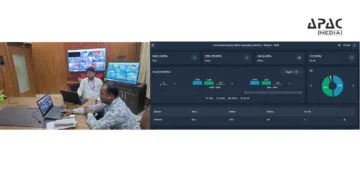
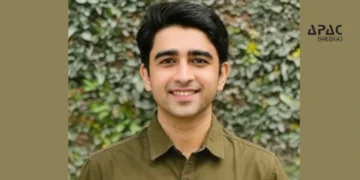



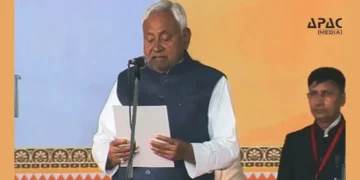
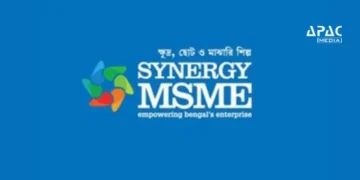
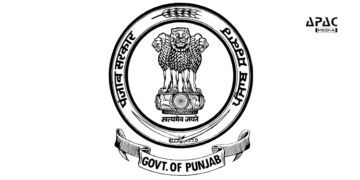
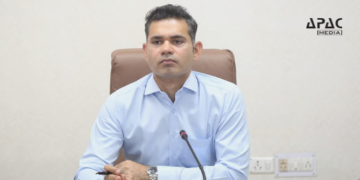
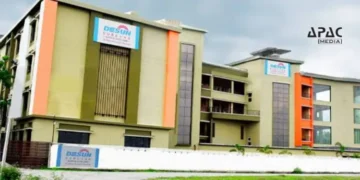
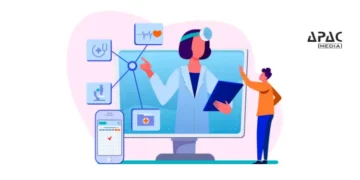







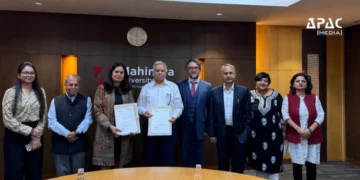

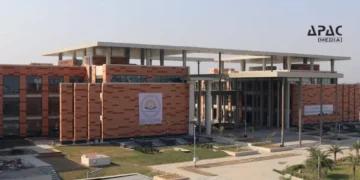










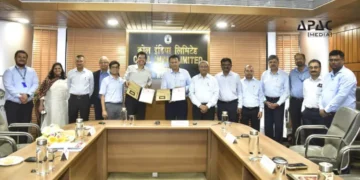
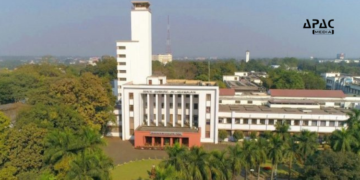
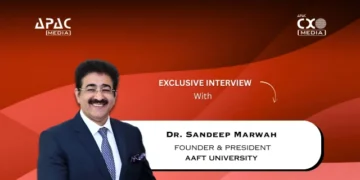
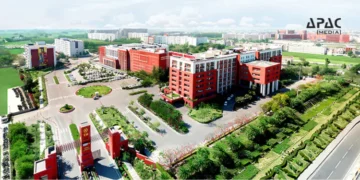










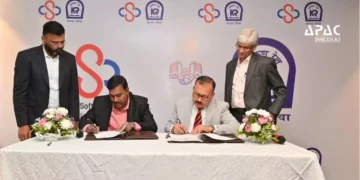


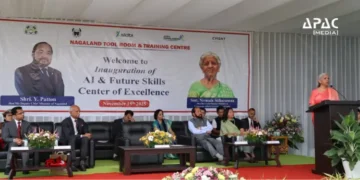



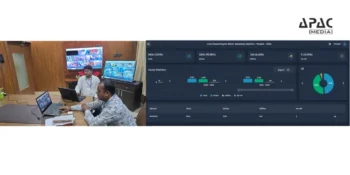












Discussion about this post